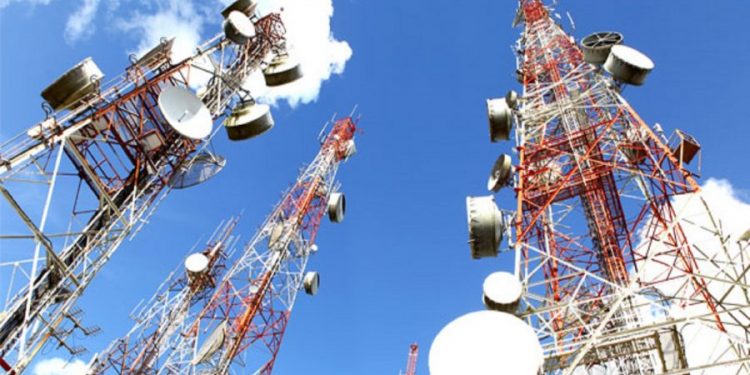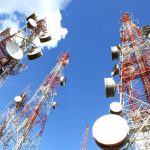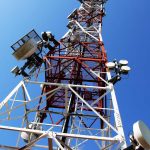Nigeria’s telecommunications sector maintained strong growth momentum in the third quarter of 2025, with active voice subscriptions climbing to 173.54 million in September, up from 171.57 million in August, according to the latest data released by the Nigerian Communications Commission (NCC).
The data showed a modest rise in teledensity to 80.05 per cent from 79.14 per cent in August, reflecting continued subscriber additions across major mobile network operators. Active internet subscriptions also expanded by 569,538 users, while broadband penetration grew by 10 basis points to 49.34 per cent, representing 106.97 million connections to at least 3G networks.
Although the telecom sector remains dominated by GSM operators, which accounted for over 99 per cent of the total market, Tier 2 service providers continued to make gradual progress, recording 2.73 million customers in August.
Broadband connections rose to 106.97 million in September, the highest level ever recorded, though still below the 70 per cent target projected under the National Broadband Plan (2020–2025). Active internet users via GSM networks increased to 140.36 million, driven by growing reliance on mobile data for work, learning, and entertainment.
Despite the surge in connectivity, total data consumption saw a slight dip, easing from 1.152 million terabytes in August to 1.15 million terabytes in September. In terms of technology adoption, 4G remained the dominant network, accounting for 51.6 per cent of active connections, while 2G held 38.4 per cent, 3G accounted for 6.6 per cent, and 5G stood at 3.4 per cent.
The figures also underscore the gradual expansion of 5G adoption since its commercial rollout in 2022, supported by ongoing infrastructure investments by major operators. Industry players have collectively committed over N1 trillion to network expansion and technology upgrades since the start of the year.
Despite a rebasing of national accounts earlier in 2025, the telecom sector remained one of Nigeria’s key economic drivers, contributing 9.2 per cent to the country’s Gross Domestic Product (GDP) in the second quarter of 2025, up from 8.5 per cent in the first quarter. The sector had previously contributed between 13 and 16 per cent in 2023 before the National Bureau of Statistics revised its computation methodology.
For many MSMEs and digital entrepreneurs, the sustained growth in connectivity offers renewed opportunities to leverage digital platforms for e-commerce, communication, and innovation. However, stakeholders note that achieving the 70 per cent broadband penetration target will require accelerated infrastructure deployment and stronger collaboration between regulators, operators, and the private sector.










